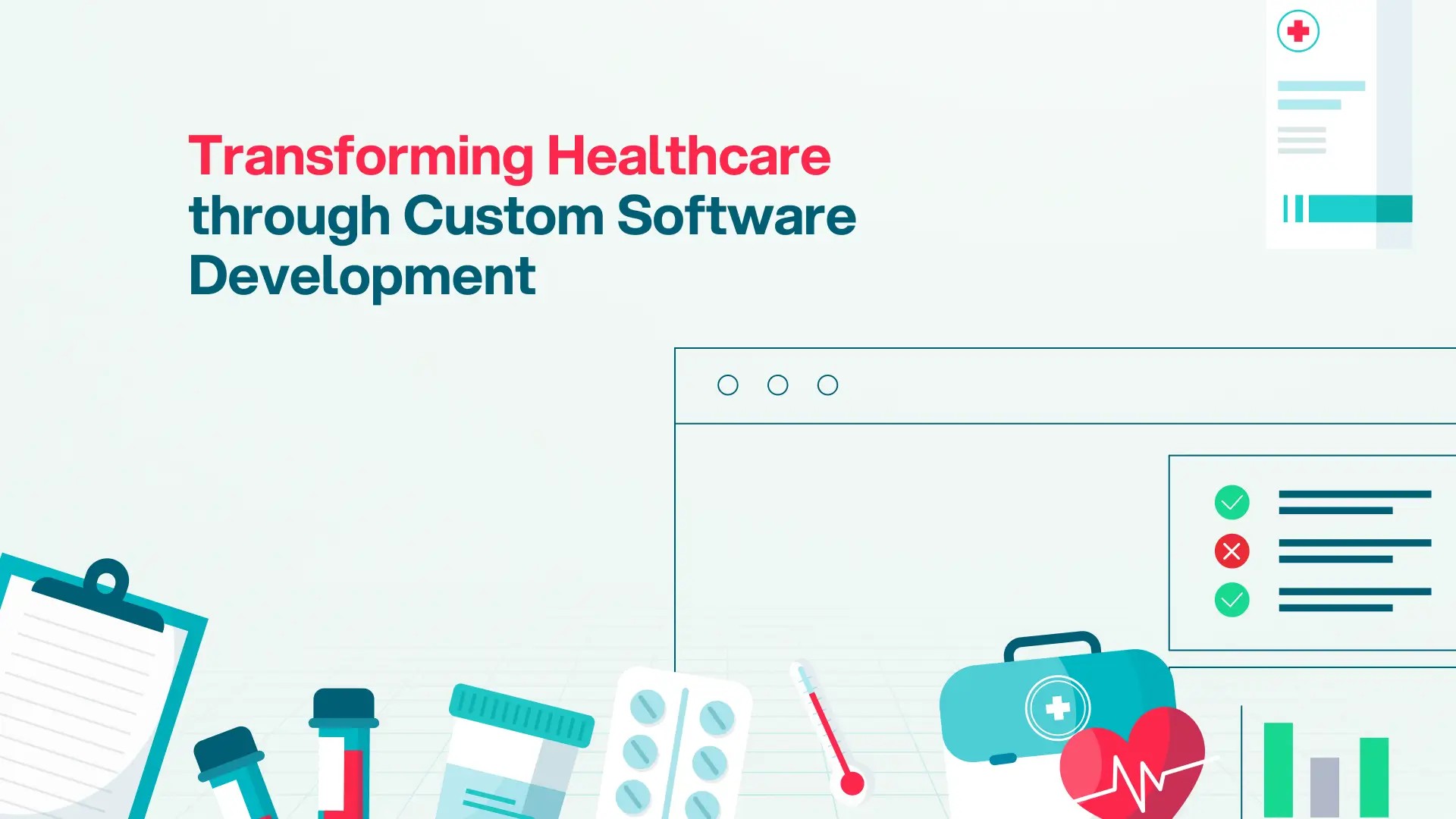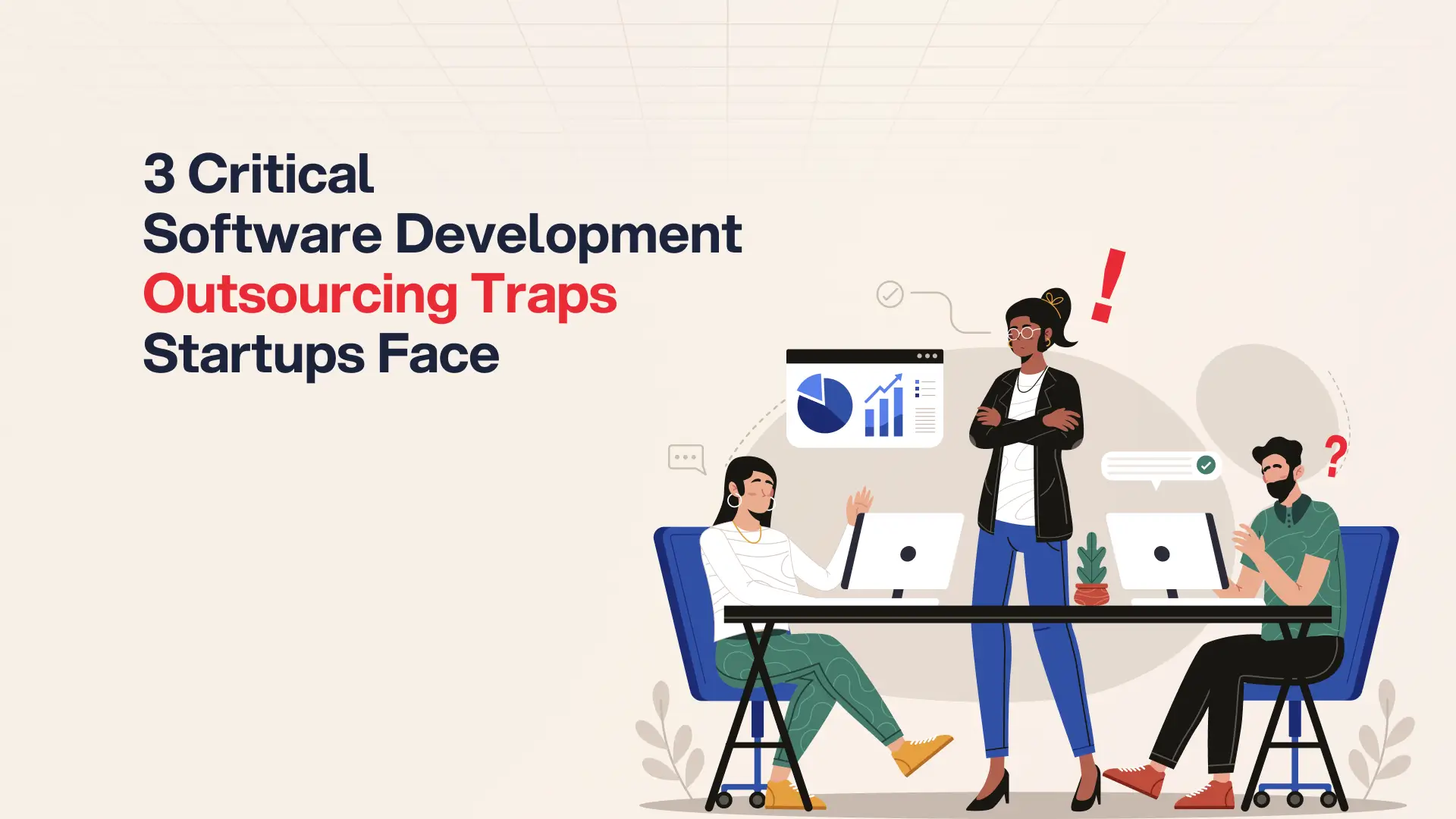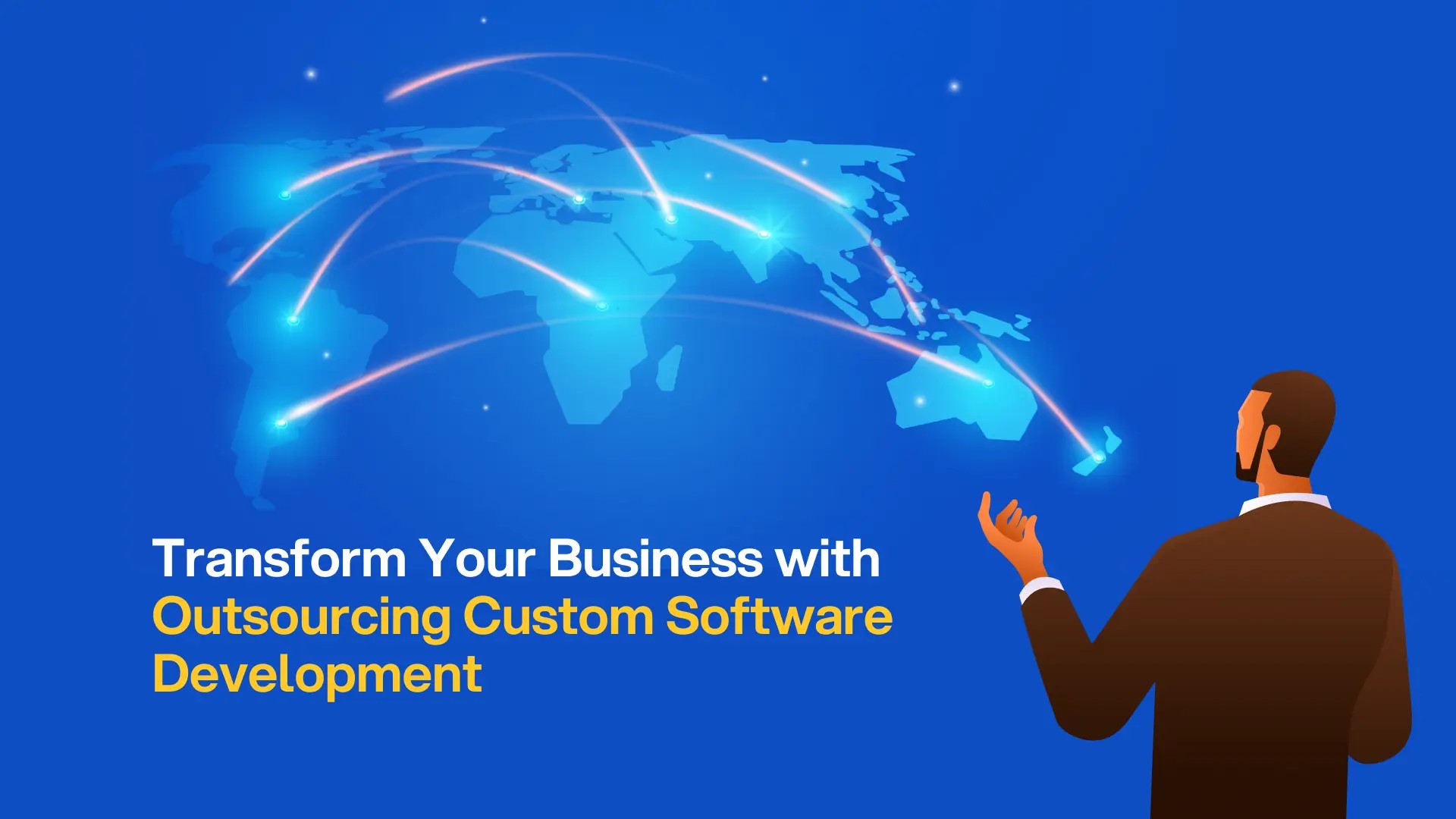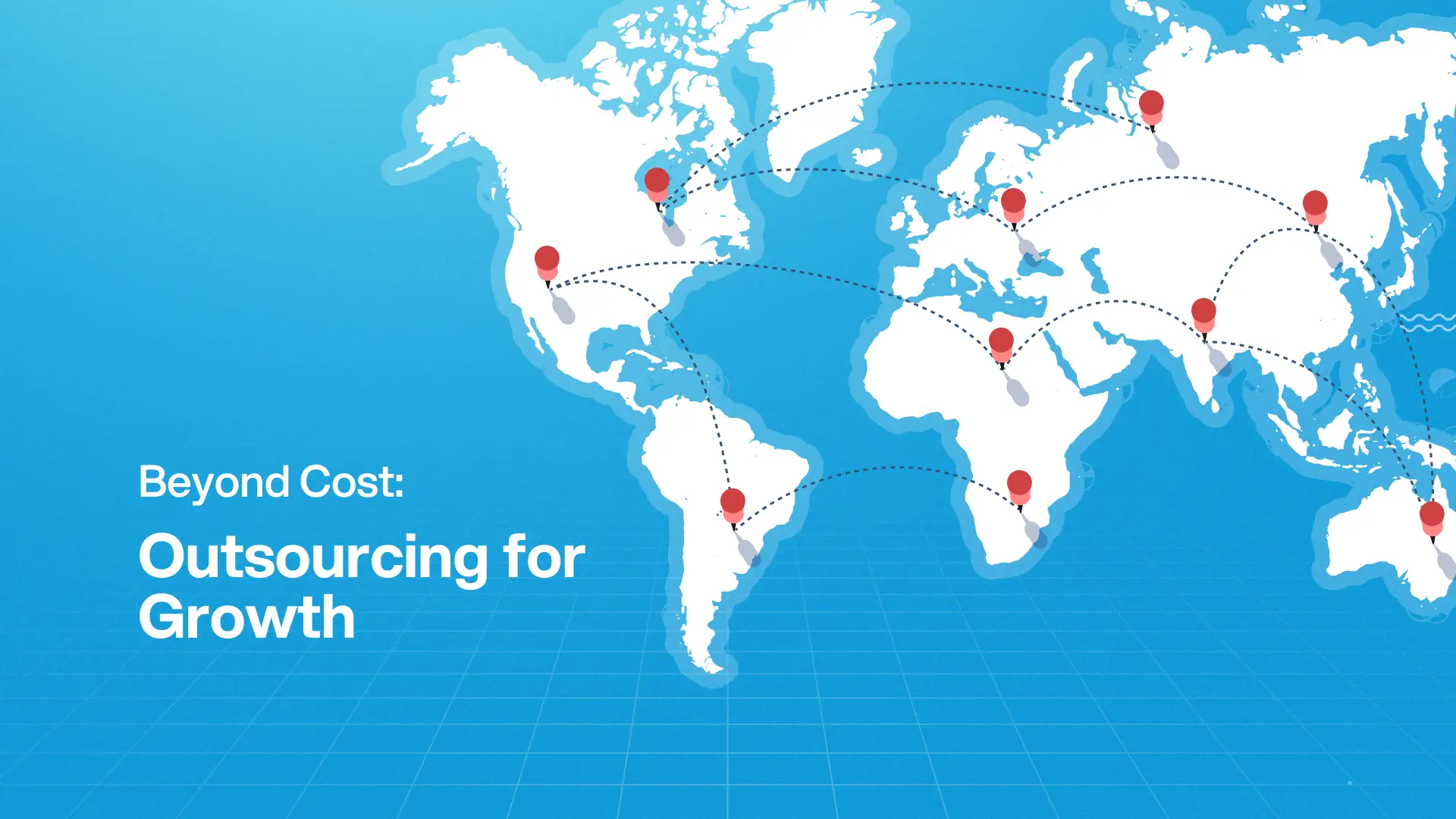Post Activity
 318
318
Table of Content
Share This Post
Table of Content
For forward-looking business and operations leaders, outsourcing software development in the Philippines presents itself as a competitive advantage. Once synonymous with voice-based BPOs, the country has rapidly transformed into a thriving hub for custom software, cloud solutions, AI development, and DevOps services.
With a strong foundation in technical education, an expanding IT services market, and favorable time zone compatibility, the Philippines offers a compelling case for companies seeking to scale technology operations without compromising quality, security, or control.
From Call Centers to Code: A Digital Evolution
The evolution of the Philippines from call center capital to a global force in software development is backed by policy, people, and platforms. Here are a few highlights:
- The IT services market is now valued at $5.3 billion, growing at 7.1% annually.
- Over 200,000 software developers are active today, supported by 47,466 annual STEM graduates, and a 14.5% talent pool growth rate.
- Tech sector share of GDP stands at a robust 8.5%, reflecting its strategic economic role.
The economy of the Philippines at a glance
| Gross Domestic Product | ||
| Annual GDP | USD 437.2 Billion (2023) | |
| GDP Per Capita | USD 3,726 (2023) | |
| Income Category | Lower Middle Income (2025) | |
| People | ||
| Population | 115.8 Million (2024) | |
| Literacy Rate | 98% (2020) | |
| EF English Proficiency Index | High Proficiency (2024) | |
| IT Sector | ||
| IT Services Market Size | USD 2.5 Billion (2025) | |
| IT Outsourcing Market Size | USD 811 Million (2025) | |
| Registered Software Companies | 400+ | |
| Business Environment | ||
| Ease of Doing Business | Score: 62.8 | Rank: 95 (2023) | |
| Political Stability Indicator | Percentile Rank: 23.7 (2023) | |
| Corruption Perceptions Index | Score: 34/100 | Rank: 115/180 (2023) | |
Supported by public-private partnerships and major investments like the $288 million Philippine Digital Infrastructure Project, the country now boasts 1,195 free Wi-Fi sites, advanced data hubs, and specialized Digital Transformation Centers nationwide.
Explore a curated list of trusted firms based in Philippines. Find the right team for your next project.
Discover Leading Outsourcing Partners Today!
Strategic Advantages That Matter to Executives
i. Top-Tier Talent with Global Readiness
The country’s young, tech-savvy population (70%) under 35 offers high English proficiency (ranked 22nd globally), strong communication skills, and an appetite for innovation. Filipino software engineers are adept in AI-powered app development, mobile app development, and cloud computing platforms such as AWS, Azure, and Google Cloud.
With a Human Capital Index of 0.5, the government is doubling down on reskilling initiatives. Initiatives such as Tech4ED, AI Roadmaps are ensuring a future-ready workforce.
ii. Time Zone Synergy
The Philippines (UTC+8) enables near-real-time overlap with Australia, Eastern and Western Europe, and most U.S. time zones:
- U.S. ET: +12h / +13h (DST)
- UK: +8h (GMT), +7h (BST)
- CET: +7h (standard), +6h (DST)
This enables seamless real-time collaboration across continents.
iii. Cost Efficiency Without Quality Trade-Offs
Labor costs in the Philippines remain a major driver. Average software development rates are between $25–$49/hour, compared to $70–$150/hour in North America or Europe. But beyond cost savings, firms gain access to highly qualified software developers, trained in agile workflows, modern programming languages, and secure database systems.
The country’s inflation rate of 2.6% and foreign exchange rate of 56.677 PHP/USD contribute to its overall cost optimization advantage.
Modern Infrastructure and Policies
- Political Stability Index: 23.7 percentile (steady governance enhances business confidence).
- Robust Data Protection Laws: The Data Privacy Act of 2012, enforced by the National Privacy Commission, aligns with GDPR principles.
- Digital Infrastructure Index: 0.1, reflecting a growing base for tech investments.
- Inclusion in Global AI Index: 0.5 is evidence of an emerging AI ecosystem.
- No EU Adequacy (yet): But the Philippines uses Standard Contractual Clauses (SCCs) and additional safeguards for transborder data flows with the EU.
Ready to Build Your Team?
Let’s create together, innovate together, and achieve excellence together. Your vision, our team – the perfect match awaits.
Frequently Used Software Outsourcing Models
Outsourcing software development to the Philippines allows for multiple engagement models, including:
- Dedicated Development Teams: Long-term product development and agile pods.
- Project-Based Outsourcing: Full-cycle solutions: from MVP to release.
- Managed Services: Continuous support for QA, cybersecurity, and cloud optimization.
- Build-Operate-Transfer (BOT): Ideal for firms seeking full control post-scale.
These models are enhanced by strong project management practices, service-level agreements, and modern tools like Jira, Confluence, and Google Meet for distributed collaboration.
Key Tech Hubs and Global Anchors
The Philippines hosts major R&D centers and outsourcing firms in cities like Manila, Cebu, and Davao, offering strong legal frameworks, high-speed internet, and enterprise-grade facilities. Major tech names present include:
- Accenture: 70,000+ staff handling full-stack development and cloud engineering.
- IBM, Microsoft, Oracle, Google, Apple, Cisco: All with local delivery or engineering teams.
- TaskUs, 24/7.ai, Lexmark, EMAPTA, and SuperStaff: BPO and tech enablers supporting AI training, customer support, and data analytics.
Executive Considerations: Risks and How to Mitigate
i. Rising Talent Competition
The Philippines’ tech talent pool is expanding, but demand from global firms is outpacing supply in major hubs like Manila and Cebu. This is leading to higher attrition rates and rising salary expectations for experienced software engineers.
Solution: Choose providers with strong employee retention, reskilling programs, and presence in tier-2 cities like Iloilo and Davao.
ii. Infrastructure Variability
While major IT hubs in the country offer enterprise-grade infrastructure, some tier-2 or rural areas still face inconsistent internet speeds and power reliability—posing operational risks for continuous delivery if not properly mitigated.
Solution: Partner with firms in PEZA-accredited IT parks offering SLAs and failover infrastructure.
iii. Management Overhead
Offshore software development requires proactive oversight (especially for complex or multi-stakeholder projects). This makes strong project governance, clear communication protocols, and an experienced local team lead essential for success.
Solution: Embed experienced team leads, use agile methodologies, and maintain visibility through KPIs and governance frameworks.
Results That Inspire Confidence
- Canva: Employs Filipino UI developers and customer service teams, key to its 150M+ global user base.
- Pointwest Technologies: Provides HIPAA-compliant health tech solutions for U.S. clients.
- TaskUs: Scales AI training and app moderation for fast-growth Silicon Valley startups.
Looking Ahead: What the Future Holds
- AI-driven personalization and data engineering will continue to rise.
- Government initiatives under the Philippine Development Plan 2023–2028 promote digital transformation and AI adoption.
- Green tech parks and cloud-native delivery models will become standard.
For outsourcing software development, the Philippines offers talent scalability, cost control, operational resilience, and a rapidly evolving digital ecosystem.
Vendor Selection Checklist: What to Look for in a Software Outsourcing Partner
Choosing the right outsourcing partner is critical to project success. Use this checklist to evaluate providers when outsourcing software development in the Philippines:
- Proven industry expertise
- Track record of global delivery
- Scalable team size
- Agile workflows and communication
- Strong IP and data protection protocols
- Certifications and compliance (ISO, SOC 2, etc.)
- Flexible engagement models
- Positive client references and case studies
- Transparent pricing structures
- Time zone compatibility
Final Thoughts
Outsourcing in the Philippines is a strategic move to tap into a growing pool of skilled, English-speaking professionals with specialization in emerging tech. For MVP, scaling AI solutions, or reinforcing your cybersecurity, the country stands out among the best countries to outsource software development.
Find Your Perfect Software Outsourcing Partner
Unlock a world of trusted software outsourcing companies and elevate your business operations seamlessly.






